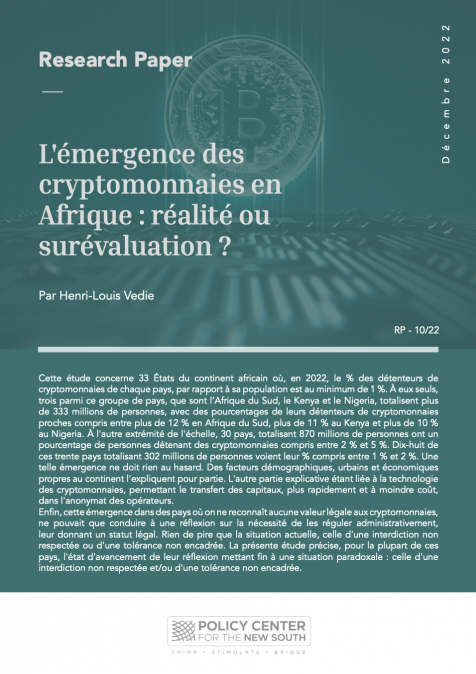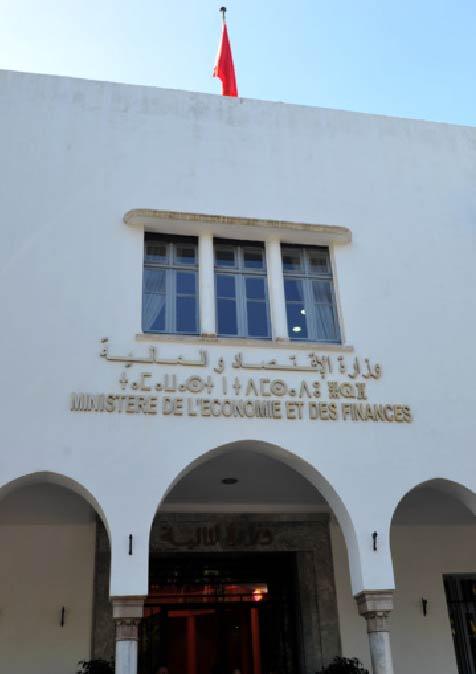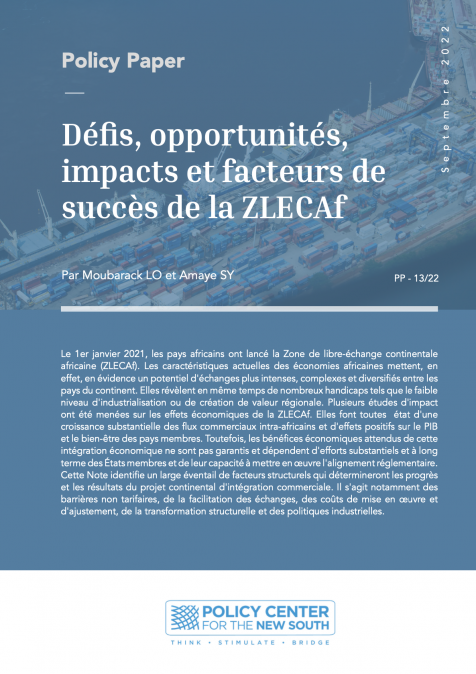Publications /
Research Paper
Cette étude concerne 33 États du continent africain où, en 2022, le % des détenteurs de cryptomonnaies de chaque pays, par rapport à sa population est au minimum de 1 %. À eux seuls, trois parmi ce groupe de pays, que sont l’Afrique du Sud, le Kenya et le Nigeria, totalisent plus de 333 millions de personnes, avec des pourcentages de leurs détenteurs de cryptomonnaies proches compris entre plus de 12 % en Afrique du Sud, plus de 11 % au Kenya et plus de 10 % au Nigeria. À l'autre extrémité de l'échelle, 30 pays, totalisant 870 millions de personnes ont un pourcentage de personnes détenant des cryptomonnaies compris entre 2 % et 5 %. Dix-huit de ces trente pays totalisant 302 millions de personnes voient leur % compris entre 1 % et 2 %. Une telle émergence ne doit rien au hasard. Des facteurs démographiques, urbains et économiques propres au continent l'expliquent pour partie. L'autre partie explicative étant liée à la technologie des cryptomonnaies, permettant le transfert des capitaux, plus rapidement et à moindre coût, dans l'anonymat des opérateurs.
Enfin, cette émergence dans des pays où on ne reconnaît aucune valeur légale aux cryptomonnaies, ne pouvait que conduire à une réflexion sur la nécessité de les réguler administrativement, leur donnant un statut légal. Rien de pire que la situation actuelle, celle d'une interdiction non respectée ou d'une tolérance non encadrée. La présente étude précise, pour la plupart de ces pays, l'état d'avancement de leur réflexion mettant fin à une situation paradoxale : celle d'une interdiction non respectée et/ou d'une tolérance non encadrée.








